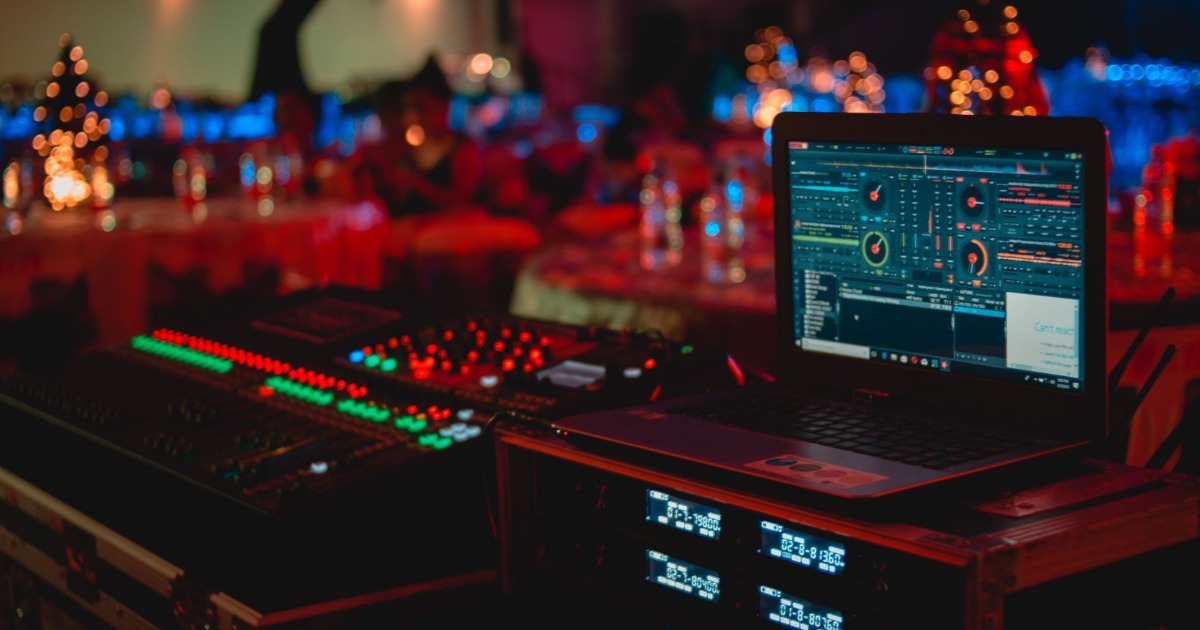I'm awaiting the arrival of a new computer that will be dedicated primarily to ripping my cd's and storing and streaming my music collection to my main stereo rig. Years ago I ripped my collection in lossless to an external drive and thought that was pretty cool. But when my computer died I read a lot of on line, which showed me how primitive my system was. After my antivirus software, the first program I plan to download is dBpa. The one area I would most appreciate help with involves metadata.
If I understand correctly, dbpa uses several resources that automatically populate a variety of fields. Can someone point me to a resource that identifies all the different fields that can be automatically filled? I would assume those would include Artist, Album Title, Track Number, Track Title, Length, Bitrate. what others? I have a lot of CDs as well as a lot of hi res flac downloads and some DSD. Can I automatically have dbpa identify for me what the nature of the original source file is, as well as the format of the ripped file?
Lastly, my collection consists of jazz almost exclusively. One of the things I find most interesting about jazz is how different musicians play together in different combinations, with different members being identified at different times as the leader or album artist. What I would love to find out is if there's a way to have the identity of all the sidemen automatically filled into the metadata. Doing so manually is beyond the limits of my patience. So if someone can tell me whether and/or how this can be accomplished automatically, that would be fantastic!
If I understand correctly, dbpa uses several resources that automatically populate a variety of fields. Can someone point me to a resource that identifies all the different fields that can be automatically filled? I would assume those would include Artist, Album Title, Track Number, Track Title, Length, Bitrate. what others? I have a lot of CDs as well as a lot of hi res flac downloads and some DSD. Can I automatically have dbpa identify for me what the nature of the original source file is, as well as the format of the ripped file?
Lastly, my collection consists of jazz almost exclusively. One of the things I find most interesting about jazz is how different musicians play together in different combinations, with different members being identified at different times as the leader or album artist. What I would love to find out is if there's a way to have the identity of all the sidemen automatically filled into the metadata. Doing so manually is beyond the limits of my patience. So if someone can tell me whether and/or how this can be accomplished automatically, that would be fantastic!



 !) So for the different CDs available of a particular album, of course it makes perfect sense that you should hear differences between them. Like you, there are times when I have compared and found the old release preferable to the new one with the fancy-schmancy hi-tech mastering. And sometimes vice versa. I agree that that's where the ears come in. We are passing judgement on the result of differently-mastered releases.
!) So for the different CDs available of a particular album, of course it makes perfect sense that you should hear differences between them. Like you, there are times when I have compared and found the old release preferable to the new one with the fancy-schmancy hi-tech mastering. And sometimes vice versa. I agree that that's where the ears come in. We are passing judgement on the result of differently-mastered releases.
Comment